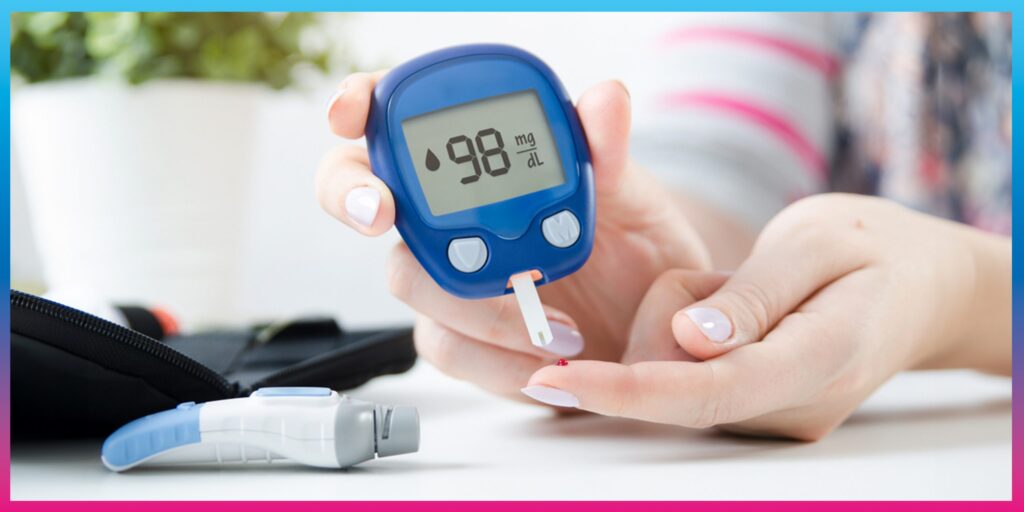1. Will the blockage occur again after angioplasty?
- Possibility of Re-blockage: While angioplasty (a procedure to open blocked arteries) can provide significant relief, there is still a risk of the artery becoming blocked again. This is called restenosis. The likelihood of restenosis depends on factors like the extent of artery damage, the location of the blockage, lifestyle choices, and whether the stent used during angioplasty remains open.
- Preventive Measures: To reduce the risk of re-blockage, it’s important to follow medical advice, take prescribed medications (like antiplatelets), and make lifestyle changes, such as:
- Maintaining a healthy diet (low-fat, high-fiber)
- Regular physical activity
- Avoiding smoking
- Managing stress
- Monitoring cholesterol levels and controlling diabetes
2. Can medication be discontinued after angioplasty?
- Medication Requirement: After angioplasty, patients are typically prescribed antiplatelet medications (like aspirin or clopidogrel) to prevent blood clots. These medications are crucial in the short term (and sometimes long term) to prevent complications like stent thrombosis (clot formation in the stent).
- Discontinuing Medications: Discontinuing medications should be done only under the guidance of a doctor. Stopping antiplatelet medications prematurely can increase the risk of blood clot formation and potential heart attacks. Your doctor may gradually adjust or discontinue some medications based on your recovery and health status.
- Long-Term Management: In some cases, patients may need to continue certain medications for the rest of their lives, especially if they have other underlying conditions like diabetes or high cholesterol.
3. What should blood pressure be after angioplasty?
- Ideal Blood Pressure Range: After angioplasty, managing blood pressure is crucial. The target for most people, especially those with cardiovascular conditions, is to keep their blood pressure below 130/80 mmHg.
- Why Blood Pressure Matters: High blood pressure can put strain on the arteries and increase the risk of further blockages, even after angioplasty. Your doctor will likely provide recommendations on lifestyle changes and medications to help control your blood pressure and prevent complications.
Conclusion:
- Angioplasty can significantly improve blood flow, but the risk of re-blockage still exists. Medication is important for preventing complications, and you should not stop taking medications without consulting your doctor.
- Keeping blood pressure within a healthy range (under 130/80 mmHg) is vital for long-term heart health.
Always follow your doctor’s advice regarding medication, lifestyle changes, and regular check-ups to reduce risks and ensure a smooth recovery.


